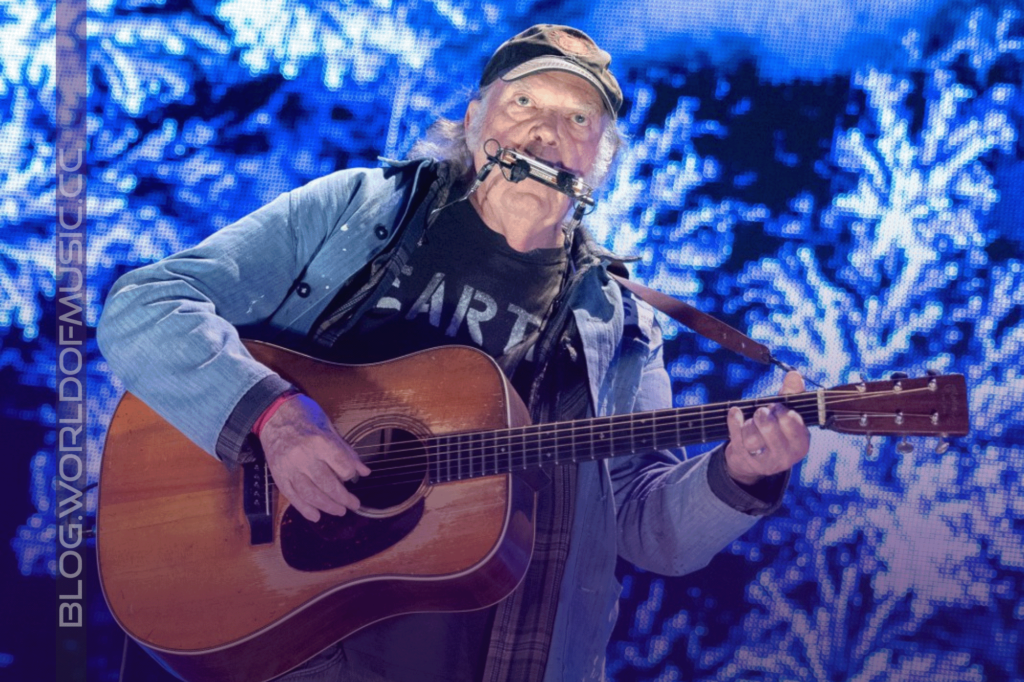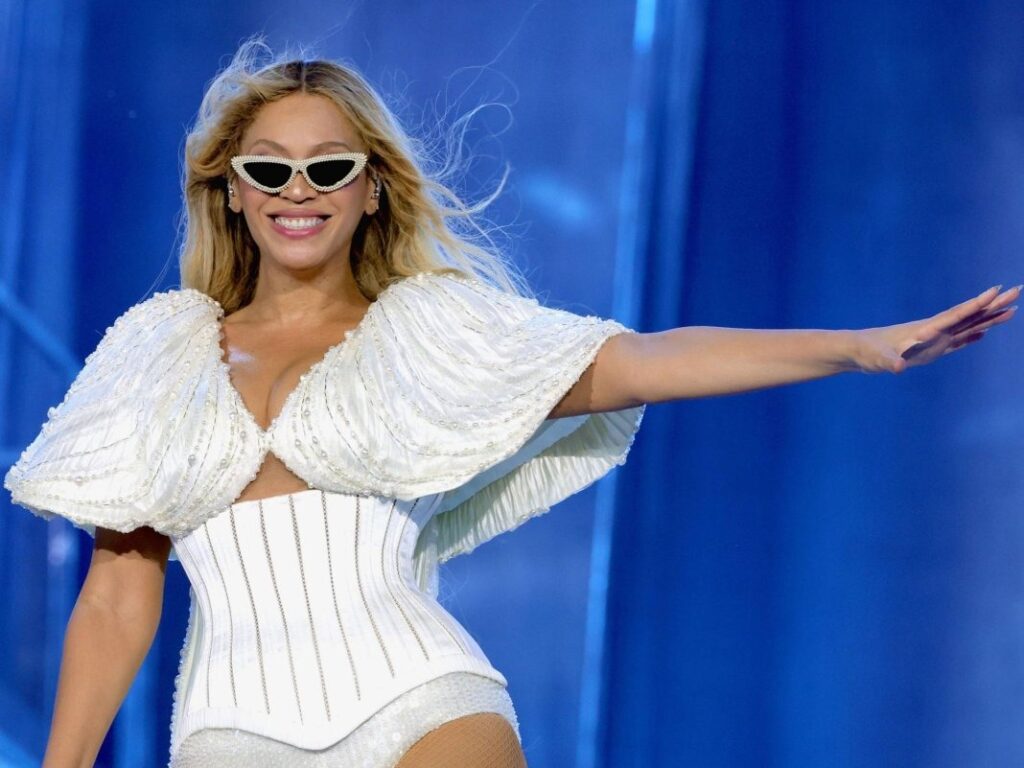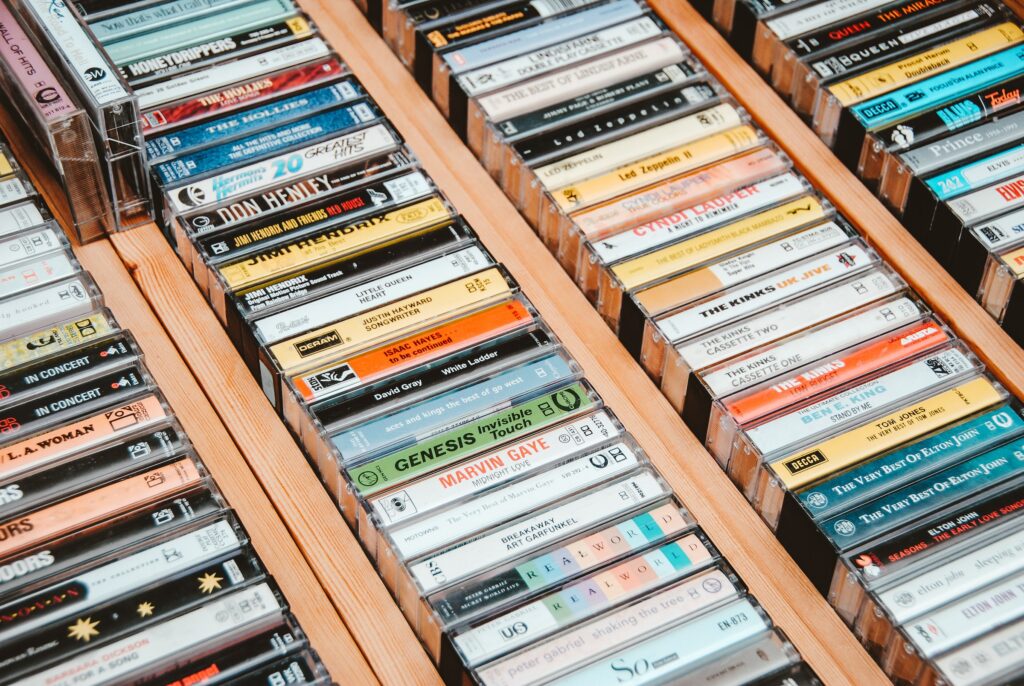Karol G’s Songs Conquered the World. On a New LP, She Reveals Herself.
Written by WOM writer on February 16, 2023
“Mañana Será Bonito,” the Colombian pop superstar’s fourth album, traces her adventures in (and out) of love, with guests including Shakira and Romeo Santos.
Karol G, a global pop star from Colombia, said she wrote 60 songs, maybe more, for her new album, “Mañana Será Bonito” (“Tomorrow Will Be Beautiful”); eventually she winnowed them down to 17.
The first ones, she recalled in a video chat from Medellín, Colombia, were full of “anger, sadness, bad love, toxic relationships.” They reflected the fallout of her 2021 breakup with the Puerto Rican rapper and singer Anuel AA, after the end of a romance they had made public with a 2019 duet, “Secreto,” that has since been streamed more than a billion times.
Karol G, 32, wrote about feeling betrayed, about temptations and doubts, about partying away the pain, about no-strings sex with an ex. But eventually, she found herself writing wary love songs and counting her blessings. Just a few weeks before the album’s Feb. 24 release, she was wondering if she had been too candid.
“I’m being really open with this album, and that gets me a little bit scared, because I’m not a perfect human,” she said from her office in her hometown, where she had just returned to meet her sister’s newborn.
Karol G, born Carolina Giraldo Navarro, was wearing an oversized white hoodie, one of 100 that she has decorated by hand for a limited-edition merch sale. Her hair, which has changed color for each album and tour cycle — with her fans attending concerts in matching wigs — was the bold red she unveiled in recent videos.
“The album is more Carolina than Karol G,” she said. “Personal things that I had inside me, I was just letting them go in my lyrics. People are going to know about a lot of my personal life with my songs. But I don’t want to have the songs inside me anymore, because I know people can heal a lot of things with music. Writing songs for me is a really good way to heal things that I can’t explain.”
 Instead of reggaeton’s machismo, Karol G offers cheerful, forthrightly sex-positive femininity.Credit…Jingyu Lin for The New York Times.
Instead of reggaeton’s machismo, Karol G offers cheerful, forthrightly sex-positive femininity.Credit…Jingyu Lin for The New York Times.
She admitted to prerelease jitters. “Right now, I notice that artists are trying very hard to find a concept, to be very experimental,” she said. “I love that. And that’s a good way to do art. But the concept of this album is just me being me. I really didn’t want people to feel it was like very simple, or just normal. But then we put up the announcement of my album, and there’s already more than 80 million views on Instagram. Now I’m stressed because I think that expectations are very high.”
“Mañana Será Bonito” is primed to be a blockbuster in the wake of Karol G’s 2021 album, “KG0516.” That LP included her billion-streaming 2019 collaboration with Nicki Minaj, “Tusa,” and her self-mythologizing 2020 “Bichota,” a word Karol G coined to turn “bichote” — Puerto Rican slang for a drug kingpin — into a feminine noun for, as she says, “a boss bitch,” a sexy and powerful woman.
Her new slang caught on. “‘Bichota’ became a movement,” she said. “Las bichotas don’t cry, las bichotas work for themselves, las bichotas are big, las bichotas are strong, las bichotas can do everything. Everybody can have good songs, everybody can have a moment. But to have a movement, it’s a different thing to find. And I think it’s something that you don’t find if you’re looking for it.”
Karol G played the main stage of Coachella in 2022, pointedly including a medley of worldwide hits in Spanish from acts who had never performed at the festival, including Selena, Ricky Martin, Luis Fonsi, Daddy Yankee and Shakira. “It was special for me to say with my show, I’m here now and I feel really proud,” she said. “But I have to say that I’m here because of this music that opened those doors for us to be here.”
The core of Karol G’s music is the loping beat of reggaeton. But her songs replace the genre’s usual rapping with inviting pop melodies, delivered in her clear, teasing voice. Instead of reggaeton’s machismo, she offers cheerful, forthrightly sex-positive femininity.
With each album, Karol G has also reached beyond reggaeton to collaborate with an international array of guests — a sign of Latin pop’s ever-expanding, border-crossing possibilities. “Right now is a really special moment with Latin music,” she said, “because everybody in the world is like, ‘I don’t care if I know the words or not,’ but they connect with our sounds.”
Karol G grew up surrounded by music. Her father — who was her protector and manager in her early career — sang with a band and brought home all sorts of music: “Rock ’n’ roll, salsa, ballads, reggaeton, vallenatos, everything,” she recalled.
From an early age, she knew she wanted to sing. As a teenager, she auditioned unsuccessfully for the Colombian edition of the music reality competition “The X Factor,” but soon afterward signed to record with the Puerto Rican label Diamond Music — a contract her father bought her out of two years later. By 2012, she had grown so discouraged that she decided to give up on music and study marketing in New York City.
 Karol G onstage at an Illinois arena in September 2022. In Latin America, she headlines stadiums.Credit…Rob Grabowski/Invision, via Associated Press.
Karol G onstage at an Illinois arena in September 2022. In Latin America, she headlines stadiums.Credit…Rob Grabowski/Invision, via Associated Press.
“My father stopped talking to me for three months,” she recalled. “He was like, ‘No, you can’t do that. You are throwing away seven years of our hard work. I know who you are. I know we can get it. It’s hard, but when we get it, it’s going to be bigger than the rest.’”
An advertisement for a music-business conference in Boston caught her eye as she was riding buses in New York. On an impulse, she attended, and it was a turning point. “I know I love music and I do this for passion,” she said. “But the teaching at that conference was how the music can be a really big business, and how you can work like that.”
She returned to Colombia, enrolled to study music at the University of Antioquia, released songs independently and performed at every opportunity, eventually singing duets with established reggaeton stars like Nicky Jam. Her 2017 debut album, “Unstoppable,” included duets with Bad Bunny and Quavo (from Migos), and it brought her a 2018 Latin Grammy Award as best new artist. Her popularity has only grown since then, stoked by lusty songs like “Mi Cama” (“My Bed”) and “Punto G” (“G-Spot”). In Latin America, she headlines stadiums.
Her constant collaborator has been Daniel Echavarría Oviedo, who records as Ovy on the Drums and has produced the vast majority of her songs. He tailors and refines reggaeton and other beats to suit her voice; he also strives to match her ambitions. “Karol’s mind is always going,” he said in a video chat from Los Angeles. “She always has an objective as to where the direction of the song should be, where the lyrics should go. She’s always thinking what’s the next move, the next step, the next accomplishment?”
On “Mañana Será Bonito,” Karol G worked with Finneas (Billie Eilish’s brother and collaborator), the Jamaican dancehall singer Sean Paul, the Bronx-born bachata singer Romeo Santos, the Dominican dembowsero Angel Dior, and her forerunner as a Colombian superstar, Shakira. She also embraces an elder generation of reggaeton with “Gatúbela” (“Catwoman”), a racy duet with Maldy, a Puerto Rican rapper from the duo Plan B, which released its first album in 2002.
“I had never done anything with a woman before,” Maldy said in a phone interview via a translator. “But it was very natural. Being with a woman that brings that sensuality made the right combination for the song to have such an impact. She has the charisma to bring reggaeton to another genre. And international collaborations expand reggaeton, to maximize it culturally.”
 “For me to go to different styles of music, different genres is not hard, because I have music from everywhere that I really love,” Karol G said.Credit…Jingyu Lin for The New York Times
“For me to go to different styles of music, different genres is not hard, because I have music from everywhere that I really love,” Karol G said.Credit…Jingyu Lin for The New York Times
Karol G insists that her hybrids and connections are a matter of instinct, not crossover marketing. “For me to go to different styles of music, different genres is not hard, because I have music from everywhere that I really love,” she said. “I’m trying to show the world more what I do, instead of just doing things to open that door. I want to do it with my real identity. If I feel in my mind that a song has that feeling I go that way: ‘This is a rock, this is a salsa, this is a corrido mexicano.’”
She had a hit with the Mexican-style waltz “200 Copas” (“200 Drinks”) from “KG0516,” in which she advises a friend to dump a terrible boyfriend and go out drinking. The new album has another one, “Gucci Los Paños,” (“Gucci Towels”) which furiously and profanely rejects an ex-boyfriend’s attempts to get back together. “If we’re going to do a really heartbroken song that needs to sound really angry, for me you have to use Mexican sounds,” she said.
Another of the album’s good-riddance songs is “TGQ,” the duet with Shakira — a pairing Karol G had long hoped for. They had sent each other songs in recent years, but none had seemed exactly right. Now, with Shakira singing openly about her own breakup, Karol G thought they might share another song in which she was “letting a lot of anger go.” When Shakira heard it, Karol G said, “She was, like ‘Oh my God, thank you. Those lyrics are perfectly the way I feel right now.’” They completed the song together, and the finished track, a reggaeton-tinged minor-key ballad, seethes in sisterhood.
The album doesn’t offer a narrative. Framed by two songs calling for hope — “Mientras Me Cura del Cora” (“While My Heart Heals”), which is built on Bobby McFerrin’s “Don’t Worry, Be Happy” and “Mañana Será Bonito” — the track list wanders amid hookups and kiss-offs, heedless excess and cautious infatuation. In “Cairo,” she chides herself that the one-night stand she planned on has led to real affection: “I’m not in love but I’m almost there,” she sings.
“That really happened!” she said. “I was really, like, I’m not going to get in love again. I’m not going to try to build my personal life with anybody. But life just brought somebody to my life that is like making me feel happy again, so that I wanted to share moments with somebody else again.”
“That was a new thing that I learned with this album,” she continued. “I was going to be really mad about love and everything. And at the end of the album, now I’m feeling it again. I used to hate it and now I’m loving it again. So let’s be open to that.”
Source: Jon Pareles – nytimes.com





